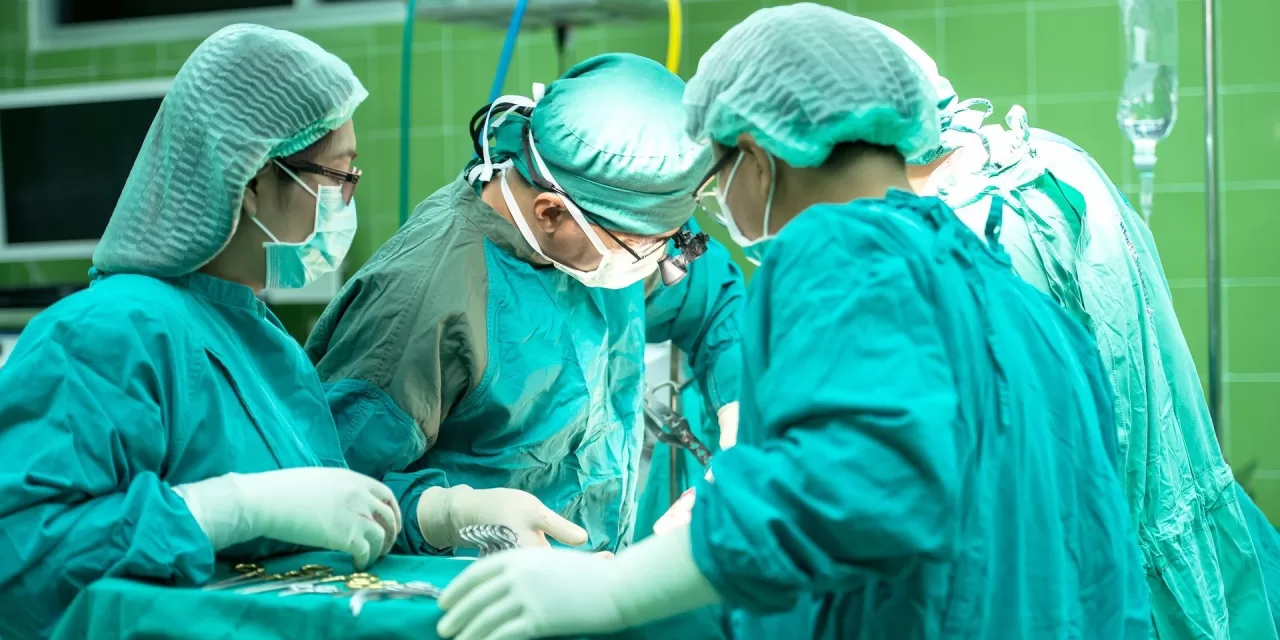For individuals born with Chiari Malformation Type 1 (CM1), a skull abnormality that causes the lower portion of the brain to extend into the spinal canal, brain surgery may offer more than just relief from physical symptoms. According to a new study published in the Journal of Neurosurgery by neurosurgeons at the University of Pittsburgh, surgical intervention for CM1 may also improve cognitive function and alleviate symptoms of anxiety and depression.
Linking CM1 and Mental Health
Traditionally, CM1 has been associated with symptoms such as severe headaches, tingling sensations in the hands and feet, and difficulties with balance. However, the study highlights that cognitive decline and psychiatric distress—often overlooked in CM1 diagnoses—may also be key symptoms of the condition.
“Many clinicians don’t recognize cognitive and psychiatric symptoms as components of a Chiari diagnosis,” said senior author Dr. Robert Friedlander, chair of neurological surgery at the University of Pittsburgh and co-director of the UPMC Neurological Institute. “Our study makes it clear that those symptoms should not be ignored, and there is a population of patients who might see significant improvement in symptoms after surgery.”
Surgical Intervention and Recovery
The procedure, known as decompression surgery, involves enlarging the base of the skull and repositioning the cerebellum to relieve pressure on the brainstem and spinal cord. The minimally invasive operation takes about two hours and aims to restore normal cerebrospinal fluid flow.
For many patients, the results extend beyond physical relief. “Many of the Chiari patients I see in my clinic complain of brain fog. I would hear of similar symptoms so often that I took notice,” said Friedlander. “An otherwise healthy individual between 16 and 40 years of age should not be experiencing cognitive decline. After surgery, many patients happily informed me that they felt cognitively improved.”
Scientific Evidence Supports Cognitive and Emotional Benefits
To assess the mental health effects of surgery, a team of neuropsychologists led by Dr. Luke Henry conducted a study of 54 CM1 patients who underwent surgery at UPMC between 2015 and 2023. Patients were evaluated for processing speed, attention, memory, executive function, anxiety, and depression both before and six months after surgery.
The findings were striking: Nearly 90% of patients experienced improvements in cognitive function or psychiatric symptoms, with about one-third showing improvements in both areas.
“Our results show that the surgery alleviates much of the psychiatric distress related to physical symptoms and improves the cognitive problems that the patients present with prior to the intervention,” Henry explained. “These observations help us better understand the manifestations of the cognitive dysfunction in these patients and show that a ‘fog,’ as patients often describe it, can be lifted.”
Understanding the Brain’s Role in Mental Health
While further research is needed to uncover the exact mechanisms behind these improvements, the study underscores the cerebellum’s potential role in cognitive and psychiatric function. Researchers are planning a follow-up study to compare the clinical effectiveness of surgery in CM1 patients, hoping to refine treatment approaches and improve patient care.
Looking Ahead
The study suggests that clinicians should consider cognitive and emotional symptoms when diagnosing CM1 and discussing surgical options with patients. As more research emerges, these findings could shift the way medical professionals approach CM1 treatment, providing patients with a more comprehensive understanding of their condition.
Disclaimer: This article is for informational purposes only and does not constitute medical advice. Patients should consult a qualified healthcare professional before making any medical decisions related to Chiari Malformation or any other condition.
For more details, refer to the original study: Luke C. Henry et al. “Predecompression and postdecompression cognitive and affective changes in Chiari Malformation Type I,” Journal of Neurosurgery (2025). DOI: 10.3171/2024.8.JNS241363.











